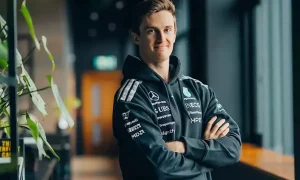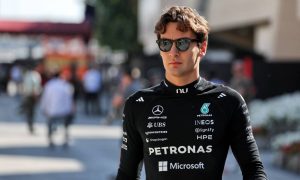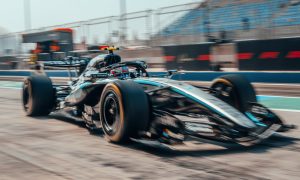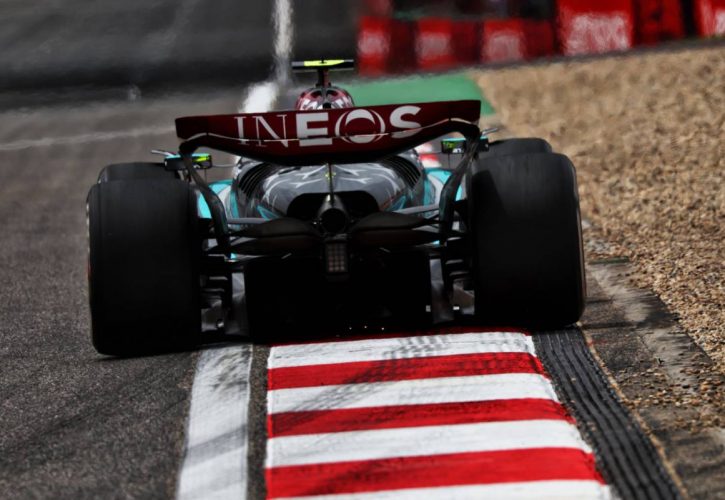
Formula 1’s next-generation engines are on the horizon, and George Russell believes Mercedes is in a “really great place” to capitalize on the changes.
Grand Prix racing is poised for a significant shift in 2026, with the introduction of an entirely new chassis and engine regulation platform.
Aerodynamic changes are expected, though the specifics have yet to be confirmed, but on the engine front, F1’s power unit will rely on increased electrical power and the use of 100% sustainable fuels.
Russell believes that, thanks to Mercedes' outstanding success since the introduction of turbo-hybrid technology in F1 in 2014, combined with its engineering expertise in Formula E, the team is well-positioned to remain competitive under the new regulations.
“I mean, ordinarily, 2026 seems like a long time away, but in the world of Formula 1 it’s going to be here tomorrow, and the team are feeling really confident for this era,” he said last weekend in Monaco.
Read also:
“I think you know the experience the team have had, the success in 2014 with the new powertrain, and then obviously the time in Formula E, the work that was done with the [Mercedes-AMG ONE] Hypercar.
“There are a lot of individuals within HPP [Mercedes High Performance Powertrains] who have got so much experience with this future technology.
“I think that leaves us in a really great place to have a great engine. And the work Petronas are doing on the fuel as well is looking really strong. So, on the engine side, I think we’re feeling very confident for that era.”
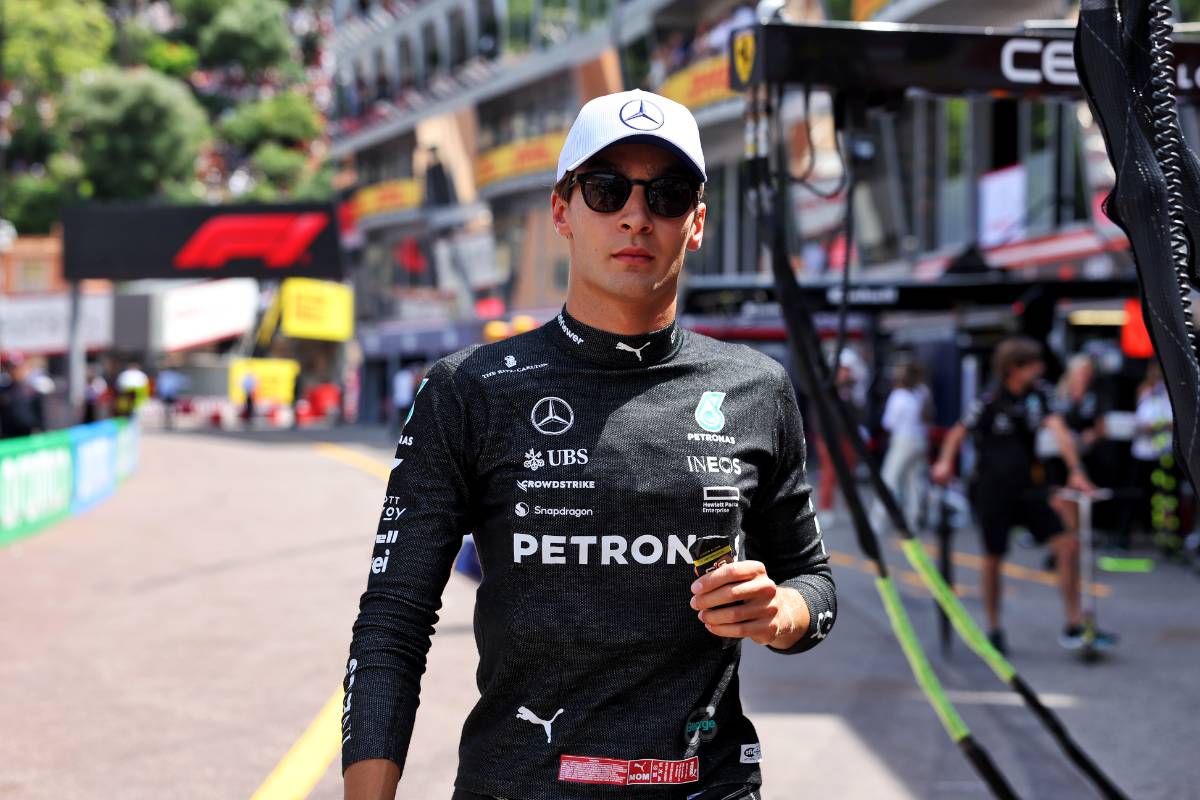
Regarding F1’s chassis regulations, it’s been a waiting game for teams as they eagerly await the finalization of the technical rule book by the FIA.
This definitive document will lay out the specific details governing the construction of the 2026 car.
While teams have been diligently developing their power units in anticipation of the new regulations, aerodynamic development for the 2026 car remains strictly prohibited until 2025.
This restriction ensures a level playing field by preventing teams with more resources from gaining an unfair head start on car design.
As Mercedes' Technical Director, James Allison, aptly describes it, the true impact of the 2026 regulations will be a “voyage of discovery” for all teams.
“It [2026] is just around the corner, [but] it’s hard to look forward too intensely at the moment, because we have to wait and wait and wait to actually get the regulations,” he said.
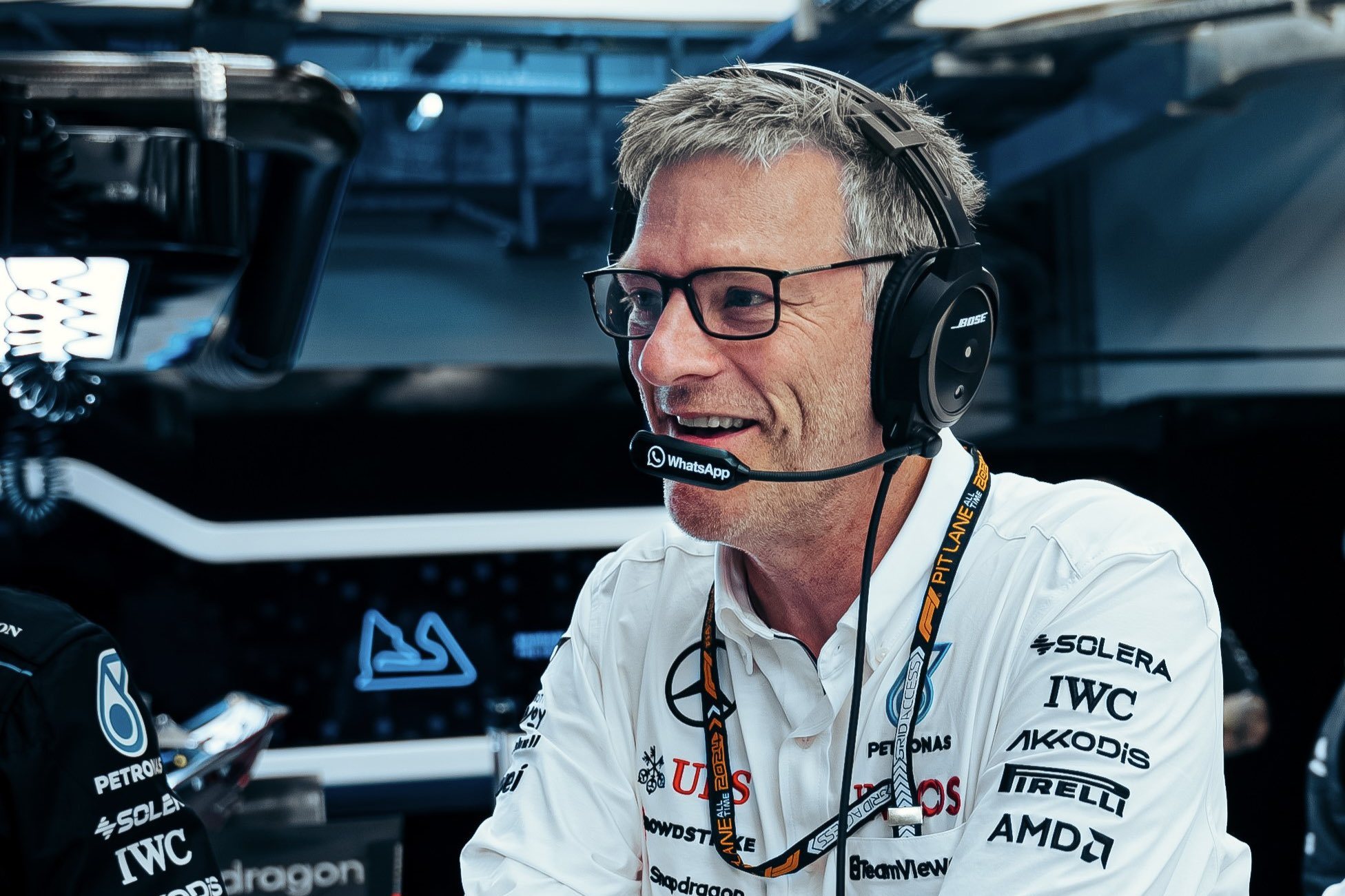
©Mercedes
“Right now, most of the focus, in all honesty, is on the present and the next season.
“The main action in 2026 land is the power unit and the areas in which that power unit interfaces with the chassis, [while] the aerodynamic rules, and where all the lap time is from a chassis guy perspective, that’s still a bit of a voyage of discovery.”
Keep up to date with all the F1 news via Facebook and Twitter





